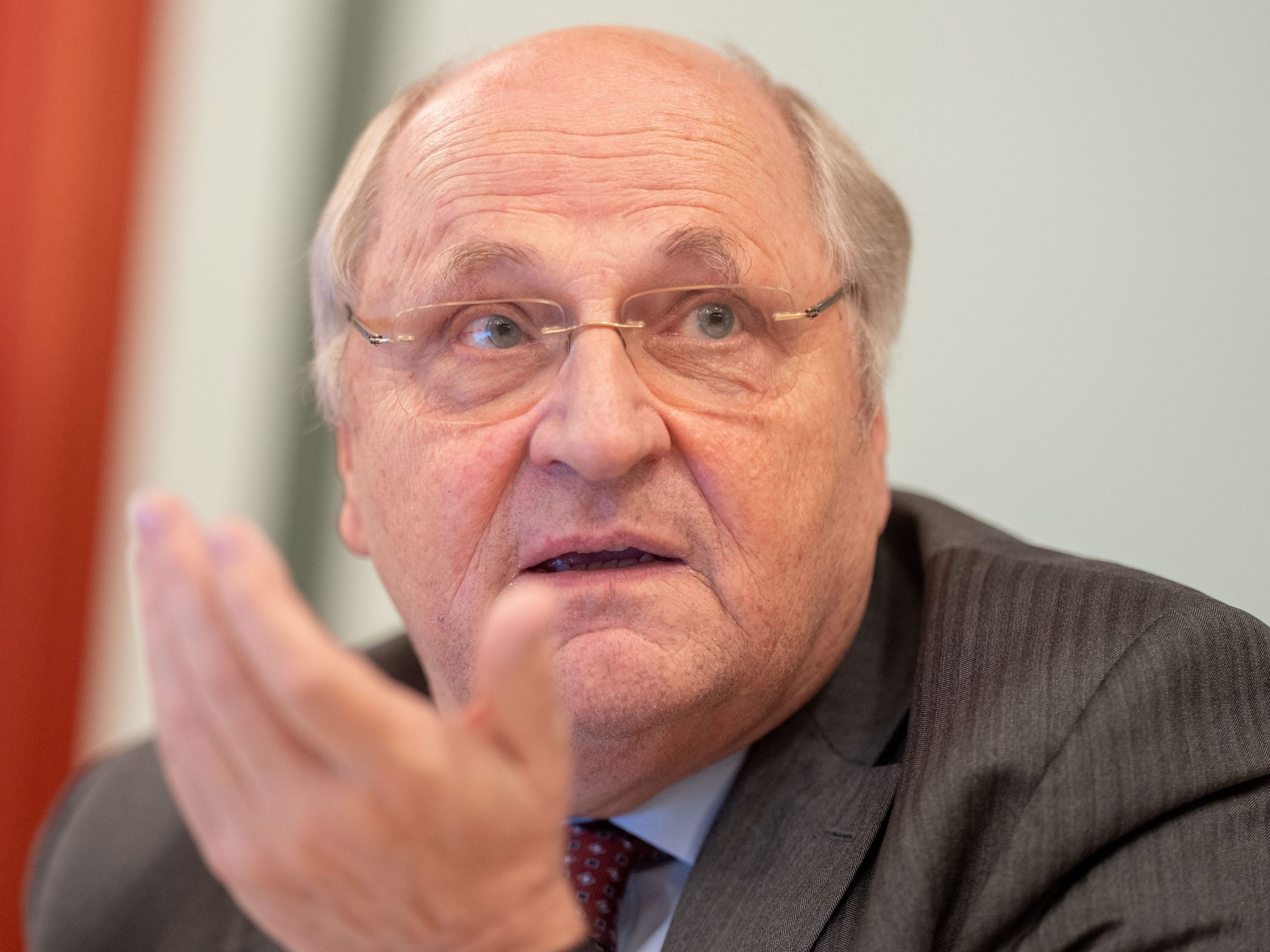Fiskalrats-Chef Badelt Expects Even Higher Budget Deficit This Year

In the latest episode of the ORF podcast "Rohrer bei Budgen" on Thursday, Badelt pointed to the upcoming release of the new quick estimate from the Fiscal Council on Friday. This forecast will show "that the deficit is evidently even larger than previously expected," explained the head of the Fiscal Council. He did not want to mention specific figures in advance.
Fiscal Council Head Badelt Expects More Than 4.1 Percent Budget Deficit
In November and December of the previous year, the Fiscal Council's quick estimate and budget forecast had assumed a deficit of 4.1 percent of GDP for 2025. A further increase in Austria's debt ratio was expected - for 2025, 81.6 percent of GDP was forecasted, which would clearly exceed the Maastricht reference value of 60 percent. "The values predicted by the Fiscal Council for the deficit and debt ratio are neither economically nor EU-legally acceptable," the committee stated at the time.
New Fiscal Council Estimate on Budget Deficit on Friday
The problem is that the deficit will be even larger than predicted at that time. "I can already say that today," said Badelt. However, he did not want to preempt the release of the new quick estimate data in detail in the podcast. This will take place on Friday, according to the committee to APA. Personally - as a "citizen" - Badelt expressed harsh criticism of the previous government: He believes one of the "original sins" of the situation at that time was the "simultaneous abolition of cold progression and the dynamization of expenditures." "This was always talked away" and referred to relief and economic growth. "That it would pay for itself was never within the realm of possibility."
Fiscal Council Head Badelt: Abolition of Cold Progression as a Problem
"I was accused of being against the abolition of cold progression - that's not even true," said Badelt. "I just said: People, you can't simultaneously remove a significant dynamic (which you may or may not like) from income tax and wage tax and at the same time step on the gas on the expenditure side. How is that supposed to work? Who is supposed to pay for it?" said the president. "They ignored that and - sorry - talked it away with nonsense." The entire National Council election campaign also ran in this tone. "You don't know who to blame more. In the election campaign, some said we will continue to relieve, relieve, relieve (equals tax cuts), and others invented a thousand things that would not be spread over the population as niceties."
Regarding the budget data that only revealed themselves over time, Badelt said he found this "lack of credibility" of politics "terrible because it ultimately endangers democracy." However, it is an interplay between media and public sentiment that amplifies this, he said, referring to the demands for the abolition of cold progression. The "most urgent" thing for the government now is budget consolidation for 2025/26. "Once that is settled, we should tackle structural reforms." "In truth, this government needs to create a new program, 'what are we really doing now,' what priorities do we set" - because many projects in the government program are subject to budget constraints. Then an economic policy cannot "consist only of sanitizing the budget."
(APA/Red)
This article has been automatically translated, read the original article here.





